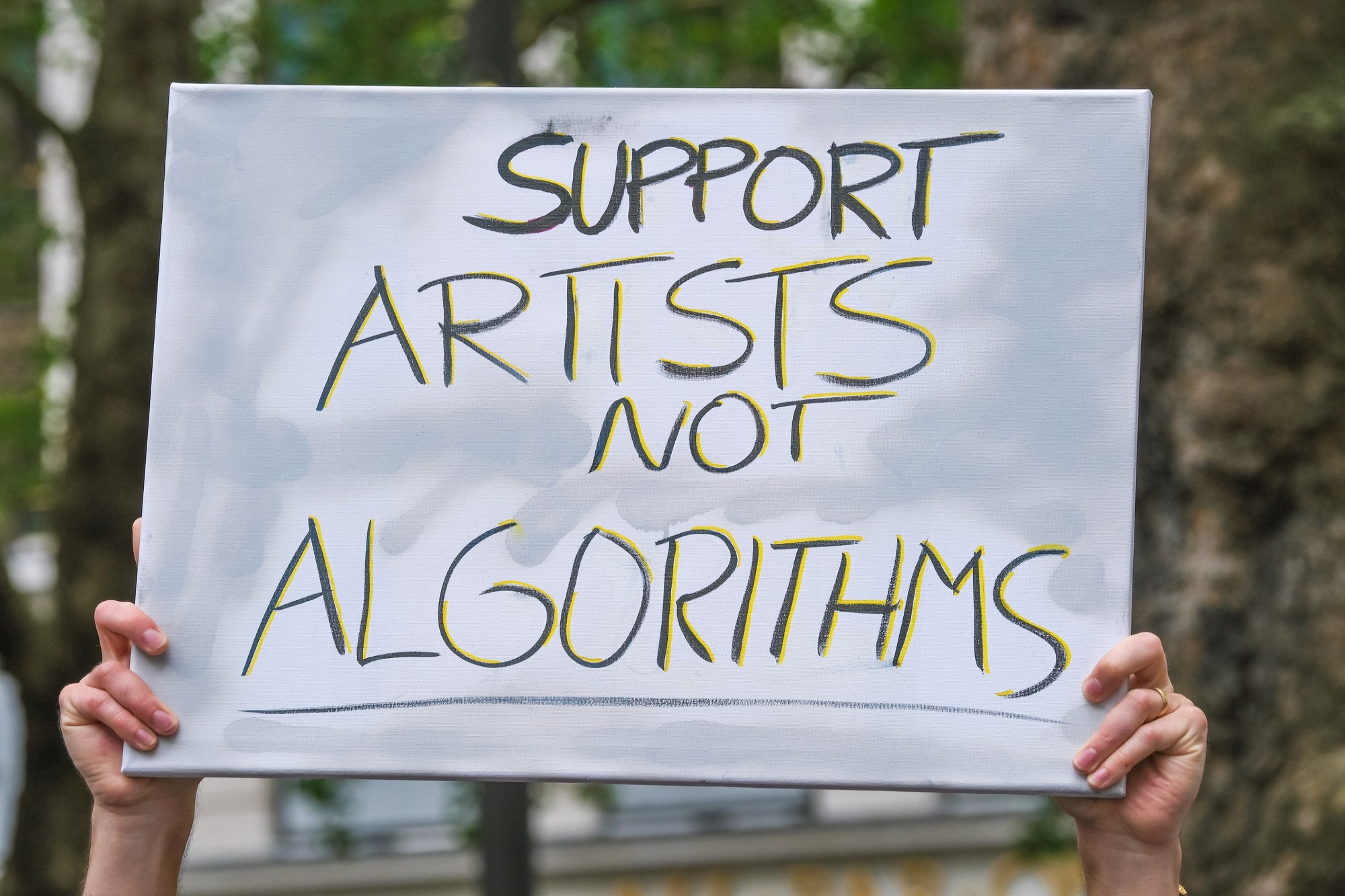Ethics in 5: Printerns on Indiana’s Religious Freedom Restoration Act

Every week, the Prindle Intern team weighs in on an ethical issue together. Each intern is challenged to keep their response to five sentences – Ethics in 5. Click on an intern’s name to check out their previous posts on The Prindle Post!
Issue: Religious Freedom Restoration Act
The RFRA has stirred up nationwide controversy. Many say that the law gives a license to discriminate, specifically against members of the LGBTQ community. Supporters of the bill state that it is similar to laws that allow Muslim prisoners to keep their beards, and would prevent situations such as Catholic nurses being legally required to assist with abortions. Do you find the bill morally acceptable? Should religious freedoms ever give a license to deny services/discriminate against certain groups? Should religious beliefs impact the lives of others? What do you make of the controversy as a whole?
Corby Burger: Analyzing RFRA requires looking at the two factors that make this bill unique as compared to other legislation of this nature. First, it allows for private entities to take legal action against other individuals when they feel that their religious freedom has been infringed upon, where previously this legal maneuver was only available to individuals whose religious rights were being infringed upon by the government. Secondly, and what could open to door to discrimination against the LGBTQ community, the state of Indiana is without legislation that protects individuals against discrimination based upon their sexual orientation. This legislative coupling is what makes this bill unjust in its current form because it creates a loophole for discrimination based on sexual orientation. Religious people do have an inherent right to practice their beliefs freely, but this should not manifest itself in ways that create inequalities in the marketplace based on sexual orientation.
Rachel Hanebutt: Building on Corby’s analysis, I think it is important to understand that the passing of federal legislation in 1993 does not necessarily validate passage of the same exact legislation on the state level in 2015. Regardless, as the world changes and society’s interpretation of the world changes, legislation (and the minds of legislators) must remain cognizant of the ways in which 2015 is much different than the past. For this reason, I personally believe that Indiana’s legislature must rectify the existing gaps in anti-discrimination laws that have been highlighted by the passing of RFRA. Additionally, I think it is important that Hoosiers seriously reflect on the ways in which this bill will affect the future of not only state and local business, but national and international business as well. Laws which allow for blatant or even subtle forms of discrimination will not and can not be tolerated.
Amy Brown: While I’m glad that the law’s language has been amended to include that it cannot be used to defend discrimination against people due to their gender identity or sexual orientation, I still find the bill concerning. I feel that there is a large grey area because now individuals can sue each other over what they consider religious discrimination, instead of just being able to take action when the government is infringing upon their rights. This means that the courts will be deciding between two different deeply held moral convictions instead of the law; I don’t think that should be the court’s job. Additionally, businesses are lumped in as persons/individuals, and I do not believe that the rights of businesses and the rights of a person should be the same. I believe that everyone should have the right to practice their religion freely, but it should never infringe upon the lives/rights of others or significantly impact others’ lives in a negative manner.
Cheney Hagerup: Any sort of discrimination is unacceptable in this day and age in my eyes. I believe that people should be treated as human, regardless of race, gender, sexual orientation, religion, etc.. Whether individuals disclose their sexual orientation or not, there is never justification for making assumptions about people and then acting on those assumptions in such a hurtful way.
Eleanor Price: In short, no, religious beliefs should not give anyone lawful reason to discriminate against people, especially in a commercial setting. The law is also concerning in its definition of personhood, as it includes businesses as people.
How do you feel about this week’s question? Have something you want to share with an intern or a question about their stance? Leave a comment below on what you think of the Religious Freedom Restoration Act!




